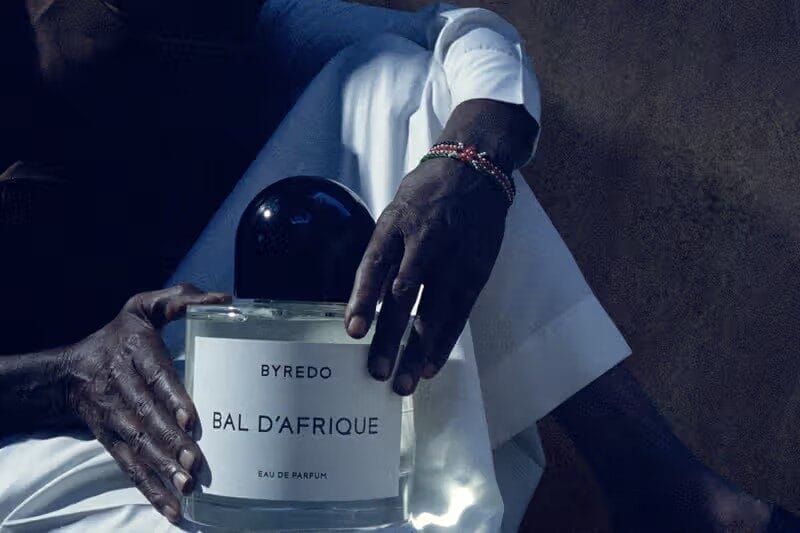- What Did Fashion Nova Do?
- Consumer Restitution and New Compliance Demands
- Fashion Nova’s Response: Denial and Blame
- Not Fashion Nova’s First Run-In With Regulators
- Labor Controversies and Factory Wages
- Industry-Wide Impact: The FTC’s First-of-its-Kind Action
- Lessons for E-commerce of Transparency is No Longer Optional
The spotlight is once again on Fashion Nova, the Los Angeles-based, influencer-driven fast-fashion juggernaut, after the Federal Trade Commission (FTC) imposed a $4.2 million fine for blocking negative customer reviews on its e-commerce platform. This penalty signals a major regulatory crackdown on online trust and brand transparency, with repercussions for every digital retailer.
What Did Fashion Nova Do?
The FTC charged that from late 2015 until November 2019, Fashion Nova suppressed reviews with ratings lower than four stars out of five, using third–party software to automatically post high-starred scores and send lower-marked reviews for “approval.” In practice, this meant hundreds of thousands of negative reviews were never published—artificially boosting the brand’s product ratings. The FTC’s order makes clear that, from as early as late 2015 through mid-November 2019, Fashion Nova chose to have four- and five-star reviews automatically post to the website, but did not approve or publish hundreds of thousands of lower-starred, more negative reviews.
Samuel Levine, director of the FTC’s Bureau of Consumer Protection, commented:
“Deceptive review practices cheat consumers, undercut honest businesses, and pollute online commerce. Fashion Nova is being held accountable for these practices, and other firms should take note.”
Consumer Restitution and New Compliance Demands
Alongside the fine, Fashion Nova was compelled to publish all customer reviews for currently-sold products, barring only obscene, explicit, racist, or unlawful content. The FTC also announced refunds totaling $2.4 million to 148,351 affected customers—either via check or PayPal—averaging about $16 per payment. This was the FTC’s first case against a retailer for hiding poor user reviews.
Fashion Nova’s Response: Denial and Blame
Fashion Nova claims the FTC’s findings are “inaccurate and deceptive,” blaming the issue on a “complication involving third-party product review software” and arguing that they addressed it as soon as they realized it in 2019.
The company stated, “Fashion Nova is highly confident that it would have won in court and only agreed to settle the case to avoid the distraction and legal fees that it would incur in litigation.”
Not Fashion Nova’s First Run-In With Regulators
Fashion Nova previously paid a $9.3 million settlement in April 2020 for failing to ship products in a timely fashion, denying customer cancellations, and issuing illegal gift cards in place of refunds.
Labor Controversies and Factory Wages
Coverage from The New York Times and Business Insider in 2019 also revealed that Fashion Nova subcontracted production to dozens of factories that owed $3.8 million in back wages and paid some workers as little as $2.77 an hour. While Fashion Nova claims it’s not responsible for vendor wages, their labels appeared frequently in 50 wage investigations between 2016 and 2019.
Industry-Wide Impact: The FTC’s First-of-its-Kind Action
This case is a “first-of-its-kind” move by the FTC in targeting concealment of negative reviews. “The FTC’s work on customer reviews is part of its broader effort to combat deception across the ever-changing landscape of online advertising, including the increasing use of social media influencers to sell products and services,” noted Mike Atleson, FTC attorney.
Lessons for E-commerce of Transparency is No Longer Optional
For shoppers, Fashion Nova’s penalties mean platforms can no longer mask poor customer experience behind curated five-star facades. For brands—especially fast fashion—this signals that digital reputation needs to be built on actual customer experience, not selective storytelling. “Deceptive review practices cheat consumers, undercut honest businesses and pollute online commerce,” the FTC warns.
Fashion Nova’s saga is a cautionary tale for all digital-first brands—blending the promise (and perils) of retail innovation with the hard rules of consumer protection in the U.S. market.

















